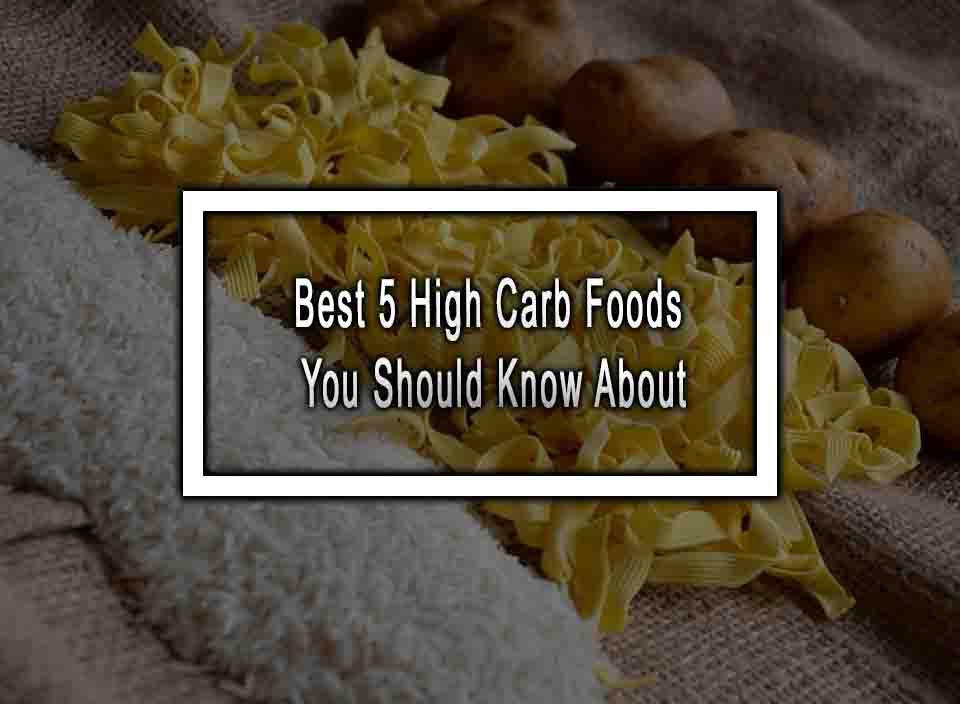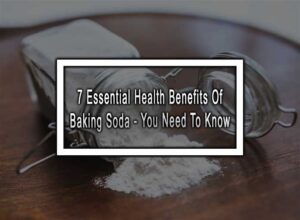Carbo-Loading Like a Champ: A Dazzling Dive into High Carb Foods
Are you ready to fuel your body with a powerhouse of energy? Think of your body as a high-performance vehicle that demands premium fuel to zip through the hurdles of daily life. High carb foods, the misunderstood heroes of the nutrition world, are about to get the spotlight they deserve. So, buckle up, culinary adventurers, as we embark on a scrumptious journey to discover the high carb foods that can supercharge your day!
What are high-carb foods?
High-carb foods are those that contain a high amount of carbohydrates per serving. Some of the most common examples of high-carb foods include rice, bread, pasta, potatoes, and cereals. Sugary foods such as candy, pastries, and soda are also high in carbs. Conversely, low-carb foods include vegetables such as broccoli, cauliflower, and spinach, as well as protein-rich foods such as chicken and fish.
High Carb Foods
Some of the most common examples of high-carb foods include:
1. Pasta
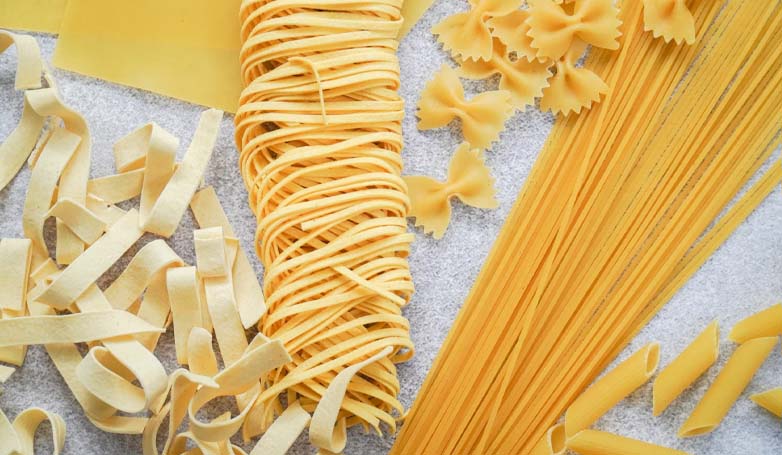
Pasta is a highly consumed food worldwide. Just 100 grams of pasta contains approximately 70 grams of carbohydrates. However, it is essential to consume it in moderation and pair it with protein and healthy fats to balance out your meals.
2. Rice
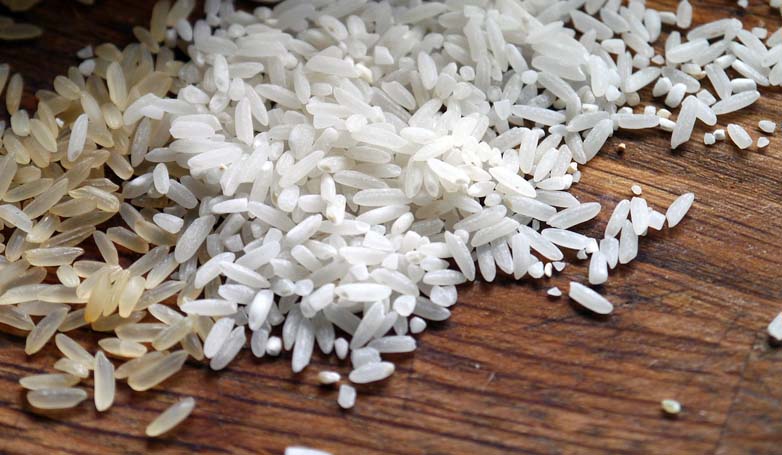
Rice is a staple food for many cultures, providing a significant source of carbohydrates. 100 grams of rice contain approximately 28 grams of carbohydrates. It is essential to opt for brown rice, as it is a healthier alternative to white rice.
3. Bread
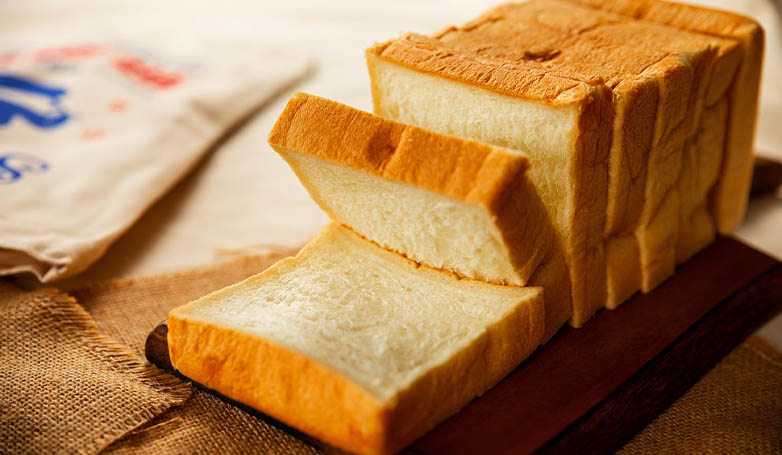
Bread is a commonly consumed food that provides a considerable amount of carbohydrates. Just one slice of bread contains approximately 15 grams of carbohydrates. It is necessary to choose whole-grain bread as it is healthier and contains fiber, which aids in digestion.
4. Potatoes
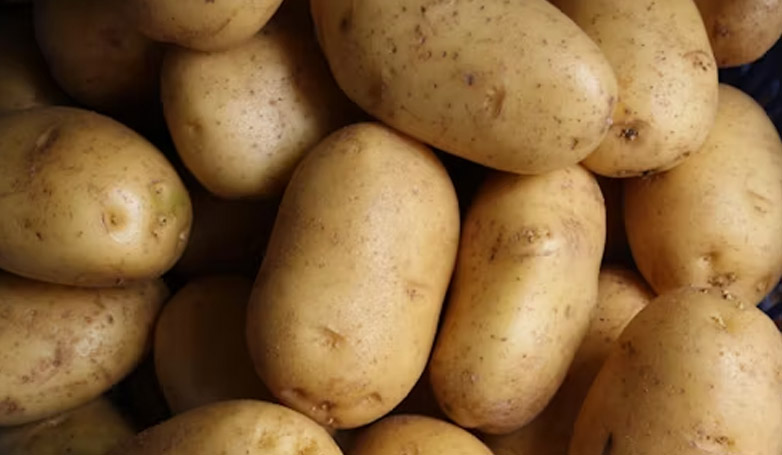
Potatoes are a highly consumed vegetable worldwide, providing a rich source of carbohydrates, vitamins, and minerals. Just 100 grams of potatoes contain approximately 17 grams of carbohydrates. However, it is necessary to consume potatoes in moderation, as they are high in calories.
5. Fruits
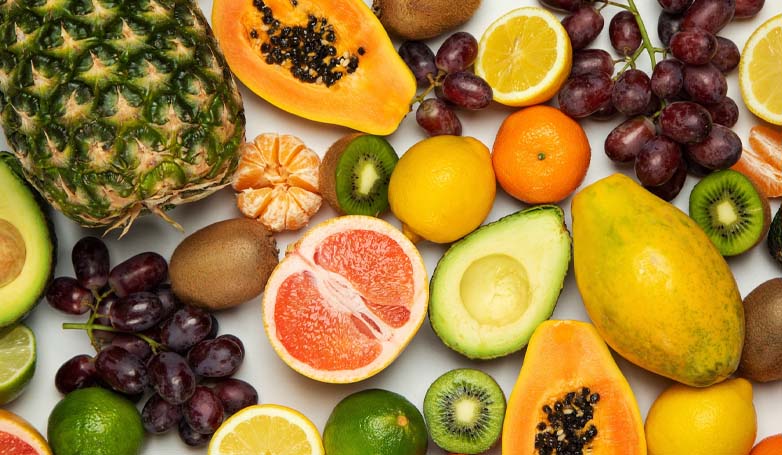
Fruits are an excellent source of carbohydrates, vitamins, and minerals. However, some fruits are higher in sugar and carbohydrates than others, such as bananas, grapes, and mangoes. It is necessary to consume fruits in moderation and opt for lower-sugar fruits like berries and apples.
Why are high-carb foods important?
Carbohydrates are the body’s primary source of energy. They are broken down into glucose, which is used to fuel our cells and provide energy for daily activities. Carbohydrates also play a critical role in brain function. The brain relies on glucose for energy, and if carbohydrates are lacking, the brain may not function optimally. In addition to providing energy, carbs are also important for digestion. The fiber found in many high-carb foods helps to regulate digestion and promote bowel regularity.
Misconceptions around high-carb foods
There are many misconceptions about high carb foods, and some people avoid them altogether because of these beliefs. One of the most common misconceptions is that high carb foods are inherently bad for you and should be avoided if you want to maintain a healthy weight. While it is true that consuming excess carbohydrates can cause weight gain, this is not the case for all carb-rich foods. Fruits and vegetables, for example, are high in carbs but also contain valuable nutrients and fiber that can help control weight gain.
Another misconception is that all high carb foods are unhealthy and can lead to health problems such as diabetes and heart disease. This is not entirely accurate, as the healthfulness of a carbohydrate-rich food depends on its overall nutritional value. For instance, a baked potato is high in carbs but also contains fiber, potassium, and vitamin C, making it a healthy food choice. Conversely, candy and soda are high in carbs but contain little nutritional value and are considered unhealthy.
Tips for incorporating high carb foods into your diet
If you want to incorporate high-carb foods into your diet, here are some tips to help you make healthy choices:
- Choose whole grains: Rather than opting for refined grains such as white bread and pasta, choose whole grains that are higher in fiber, protein, and other nutrients. Examples of whole grains include brown rice, quinoa, and whole wheat bread.
- Eat plenty of fruits and vegetables: Fruits and vegetables are excellent sources of carbs, fiber, and other essential nutrients. Aim to consume 5-7 servings of fruits and vegetables each day.
- Pair carbs with protein: Consuming high-carb foods in combination with protein can help to slow down the absorption of carbs and provide sustained energy throughout the day. Examples of carb and protein combinations include oatmeal with nuts and berries, whole wheat toast with peanut butter, and brown rice with chicken.
Carbo-Diem: Seize the Day with High Carb Foods
High-carb foods are an essential part of a healthy, balanced diet. While it is true that consuming excess carbohydrates can lead to weight gain and various health problems, this is not always the case. It is important to choose high-carb foods that are nutritious and contain essential vitamins and minerals. By incorporating whole grains, fruits, and vegetables into your diet and pairing carb-rich foods with protein, you can enjoy the benefits of carbohydrates without the negative side effects. Ultimately, moderation is the key to a healthy diet and lifestyle, and it is essential to listen to your body and make food choices that feel right for you.
High Carb Foods FAQ
Here are the most common questions about high carb foods.
1. Can high carb foods cause weight gain?
Consuming high-carb foods in excess can lead to weight gain, as the excess glucose is stored as fat in the body. However, it is important to note that not all carbohydrates are created equal, and complex carbs like whole grains, fruits, and vegetables are healthier than simple carbs like refined sugars.
2. Can high carb foods be part of a healthy diet?
Yes, high-carb foods can be part of a healthy diet if eaten in moderation and combined with other nutritious foods like lean protein, healthy fats, and fiber-rich foods.
3. Are all high carb foods bad for people with diabetes?
Not all high carb foods are bad for people with diabetes. People with diabetes need to manage their carbohydrate intake to control their blood sugar levels, but they can still eat healthy, high-carb foods like whole grains, fruits, and vegetables.
4. Are high-carb diets good for athletes and active individuals?
High-carb diets are generally recommended for athletes and active individuals, as they provide the necessary energy to support physical activity. Carbohydrates are the primary source of energy during exercise, and consuming high-carb foods can improve endurance and performance.
5. Can high-carb diets increase the risk of chronic diseases?
Consuming high amounts of refined carbohydrates, such as sugar and white flour, has been linked to an increased risk of chronic diseases like obesity, diabetes, and heart disease. However, consuming healthy, high-carb foods like whole grains, fruits, and vegetables can lower the risk of chronic diseases and improve overall health. It’s important to focus on healthy carb sources and consume them in moderation.

